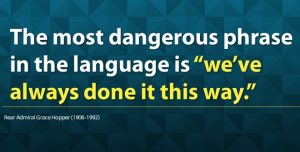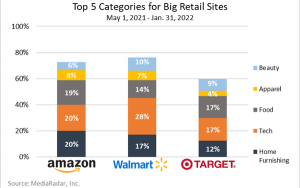
We talk to countless small business owners who want help with their website—and the #1 question we’re asked goes something like this: Sure, I want you guys to write some compelling, persuasive Web content—but what can you do for my SEO?
Business owners know that the reports of SEO’s demise have been greatly exaggerated, and the only way to ensure that your website is found by search engine users is to take it seriously. That doesn’t mean you don’t also need quality content; what it means is that quality content and search engine optimization can and should go hand in hand, feeding and supporting one another.
In fact, the single most essential SEO element for your company website is quality written content. Google knows gibberish when it sees it. It can detect if your content is vague, grammatically troublesome, or simply not engaging—and it will punish you in kind. Getting truly strong website content is an SEO must.
But what are some of the other SEO elements you need to think about as you prepare your Web content? A few considerations:
- You need to have targeted keyword phrases included on your site, preferably toward the beginning of your content; you also need to keep from overdoing it. Keyword stuffing is a big SEO no-no. You may want to rank for the phrase Charlotte property management, but saying Charlotte property management 50 times on a 200-word page is going to do more harm than good. Be natural. Don’t force anything.
- Remember to use keyword variants—something Google increasingly prizes. Say Charlotte property managers a time or two, but also throw in property mangers in Charlotte, or managing Charlotte properties, or something similar.
- Remember that, both in terms of your human readers and search engines, the first 100-200 words of text are make-or-break. Convey what the page is about. Get to the point. And use your keyword early on!
- Make sure your title is compelling for human readers and succinct enough for Google to display it; that means 55 characters or less!
- Use different headlines– H1, H2, H3 tags—to convey your message and organize your content. Note that these headlines are good spots for keywords!
- Ensure, for the search engines’ benefit, that each page of content you write has a short meta description—150 to 160 characters long. If you use WordPress as your CMS, there is a field where you can add the meta description, quite easily.
(220)
Report Post







